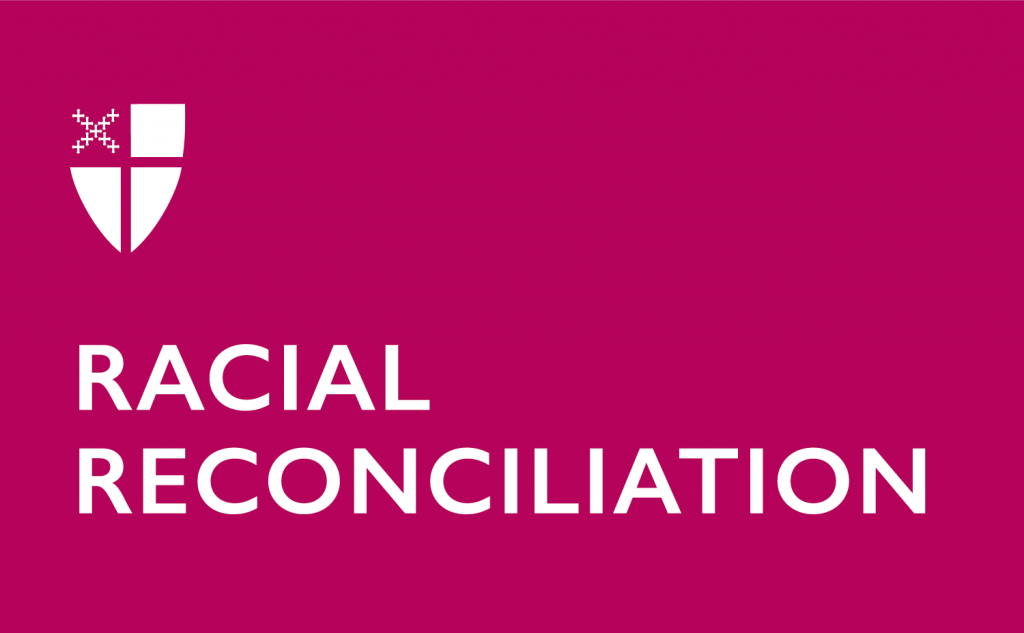Reflection
By Jerusalem Greer

What does love mean to you?
Love is a tricky word in our culture because we humans tend to infuse it with both our desires and our prejudices. Who and how we love and how we want to experience love is something constructed from childhood wounds, movies, books, songs, TikTok and the like, and the need to protect our inner and outer worlds from pain. I think the truth of Love—Love with a capital L—is the very essence of God, and what Love looks like, incarnate, on earth, is Jesus. Which isn’t a very tidy or romantic or logical example. But it is accessible. It’s relational, it’s sacrificial, it’s humbling, and it’s daily. From what I can tell, Love—as made known to us through the Trinity and Jesus’ life on Earth—is about choosing life over death repeatedly. It’s about choosing things that nourish the whole in order that we—all of creation, not just humans—may flourish and live into our true identity: the beloved. You have heard the saying, “Hurt people hurt people.” Imagine if we all knew and believed we were beloved. What could we do then?
Name the biggest overall lesson you’ve learned throughout the festival.
People matter more than the task. I have long believed this, but this festival brought it into sharp relief for me. If this festival had gone off without a hitch and been the best thing to happen to The Episcopal Church since the consecration of Gene Robinson, but my team had fallen apart or out of love with each other or Jesus, then I wouldn’t have considered it a success. It would have just been a sounding gong. The fact that the core team was more in love with Jesus and each other when we finished is, for me—personally—the greatest gift of this festival. And this happened because we put each other—bodies, minds, and souls—ahead of our to-do list as often as possible. We made room for rest, nourishment, celebration, and collaboration throughout the entire process. We were both professional and loving in how we went about our tasks and interacted with each other and the attendees. The words “that’s not my job” were never uttered. If someone needed to take a break, someone else stepped in voluntarily. No one slacked off, everyone went the extra mile of their own accord. Of the very few times when someone was testy due to exhaustion, apologies were generously offered after a good night’s sleep. We spoke words of encouragement constantly—over headsets, through text messages, and in person. The team created the motto “everyone worships” and implemented it (which is why registration was closed during any worship service)—because you can’t share what you don’t have. And we prioritized prayer, prayer, prayer. Prayer before every meeting, prayer at the end of the day, prayer together or on our own, and prayer on our behalf by others. I firmly believe that had our team not lived, moved, and worked together, as if the purpose of life is all about the love of God first and the tasks that communicate that second, then the festival would not have been as beautiful as it was.
Where did you feel God in this festival?
Benedictine nun and author Joan Chittister writes, “It is in community that we come to see God in the other. It is in community that we see our own emptiness filled up. It is community that calls me beyond the pinched horizons of my own life, my own country, my own race, and gives me the gifts I do not have within me.” And that is exactly how I felt God every day of the festival. I felt God every single time someone told me they felt revived by a workshop or worship service or interaction. I felt God in the stories of people who told us how this gathering renewed their hope in who we can become as a church and their call to ministry. I felt God each night when the dancing started and saw the smiles on everyone’s faces as they moved and spun and sang with delight! I felt God back in our headquarters late at night as we reviewed the day and prepared for the next day; everyone was exhausted but filled with joy at how the Spirit was showing up over and over. I felt God in the tears that streamed down my face as Live Hymnal led us in singing a new church, together.
—
Jerusalem Greer is the manager for evangelism and discipleship.

